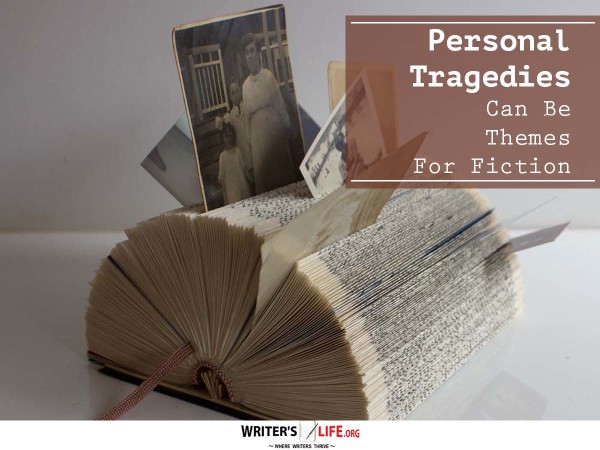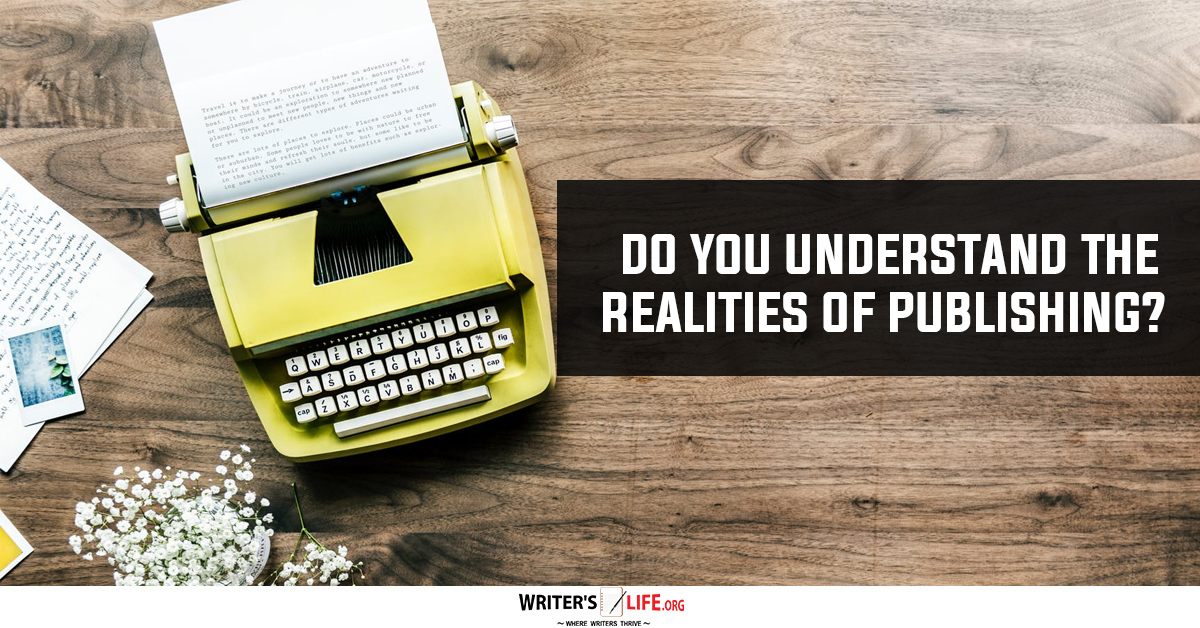- How To Tackle Jealousy In Creative Writing
- Common Submission Mistakes
- How To Stop Your Blog Becoming Boring
- The One Thing Every Successful Writer Has In Common
- How To Make Yourself Aware Of Publishing Scams
- Why Almost ALL Writers Make These Grammar Mistakes At Some Point
- 5 Tips For Authors On How To Deal With Rejection
- Top Mistakes to Avoid When Writing a Novel
- How to Avoid Common New Writer Mistakes
- 10 Mistakes New Fiction Writers Make
Personal Tragedies Can Be Themes For Fiction

Share, Pin or Retweet You Love Writing!
Confession: I’ve had unshakable Blogger’s Block for about a week, and I considered offering up my spot to a guest more than once. None of the topics I came up with felt quite right.
How much I dislike pre-release PR activities? (Very true. Not very empowering.)
How I’m rediscovering Goodreads? (Meh.)
The importance of rich backstory? (Don tackled that well, and recently.)
How about why WordPress doesn’t recognize “backstory” as an actual word? No? Okay, then.
I was saved yesterday by a New York Times article about the film Saving Mr. Banks, featuring an interview with Tom Hanks and Emma Thompson. In case you need a primer, Saving Mr. Banks is the story of how Mary Poppins made it to the big screen. Not easily. Because the author of the story, P. L. Travers, wasn’t keen to see her book turned into a Disney flick.
The interview is interesting and filled with gems that writers should appreciate.
- On listening to tapes of Travers trying to collaborate with Disney’s composers: “You can hear the distress, the tension and the resistance, just the purposeful sabotage in her voice.”
- On Travers’ appearance: “She had curly hair, which she cut into a bubble bob, which she wore for most of her life. It kind of suited her…There’s something tightly coiled about her and tightly coiled about her hair.”
- On how Emma Thompson tapped into Travers’ character: “She was a tough nut to crack. When I’m creating a character, I sort of do a brass rubbing, sort of put some tracing paper over the character and rub it and then think, ‘Which bits?'”
But it was this part of the interview, referencing Travers’ youth with her alcoholic father and Thompson’s experience with her own father, who was a writer, that got to me. Said Thompson:
Of course, the father-daughter thing, the loss of the father’s storytelling abilities and the loss of his control, the loss of his power is very much a connective bit for me. My father had a stroke when he was 48. I say this as I am literally rubbing my neck because it was so distressing. He couldn’t speak, and I was the only person he allowed to teach him to talk again. So I was with my father when I was 18, 19 with little cards which said, “I am” and “you are.” I thought, “I’m being given this sacred task,” but it tore me apart.
When my father came to Cambridge, when I was graduating, he’d had his stroke, and he couldn’t speak properly. He slurred his words, and he didn’t want anyone to know that it was because he had a stroke, so the teachers thought he was drunk. So there were those connections. But I think most artists are fundamentally inconsolable. That’s why they keep doing it.
Gut punch. I stopped reading, sat for five minutes thinking about just that.
Most artists are fundamentally inconsolable. That’s why they keep doing it.
Yes, well. I do keep doing something, writing about something. My father died too young, and his death tore my family apart. We’re still, nearly seventeen years later, dealing with the fallout.
This isn’t the story I write.
But writing about loss and recovery is the scratch I have to itch, the personal obsession that seems always to leak its way out of my pen and onto the page. Looking at it from different angles, considering it from the perspective of different characters, is about the only thing I can do to try to make sense of everything that happened, how we weren’t able to stop that particular train from crashing off the tracks even though we could see it coming–all of us–from one hundred miles out. Not that we didn’t try.
But you can’t control people. And you can’t control life. However, the one thing that you can control is yourself, and this is where I found The Get It Done, Writers Toolkit (click here!), of great value because it helped keep me on track despite the emotions that were roiling around inside of me. This ebook/audio CD combo set teaches writers how to overcome writer's block and procrastination. It also provides tips about how to find the time and inspiration to write.
I’m happy with this next book of mine, proud of it even. I believe it’s the truest thing I’ve ever written.
Is it true enough to count as consolation? Can I get over it now and move on? Maybe. I think writing can act like a cast to help strengthen our broken parts. Or like medicine to heal, or a blanket to comfort. And I don’t like the idea of being fundamentally inconsolable, and feel my Irish rise up over it–a personality trait I’m glad to have inherited from my father.
But I make no promises. It could be that these themes are as much a part of my DNA now as anything I ever received from my parents, and loss and recovery will continue to leak their way out of my pen whether I like it or not.
If you are thinking of self-publishing your first book, then Writer's Life has a webinar that may help you in your endeavours called How to Get Published, Sell Books & Attract Tens of Thousands of Readers by Selling Your Content on Amazon’s Kindle CLICK HERE! . This is a webinar that teaches writers how to self publish online, self publish to Amazon's Kindle Direct Publishing Platform and market, promote and sell their written material online.
This post by Therese Walsh was originally published with the title "I think most artists are fundamentally inconsolable. That's why they keep doing it." on Writer Unboxed at http://writerunboxed.com/2014/01/07/i-think-most-artists-are-fundamentally-inconsolable-thats-why-they-keep-doing-it/





























